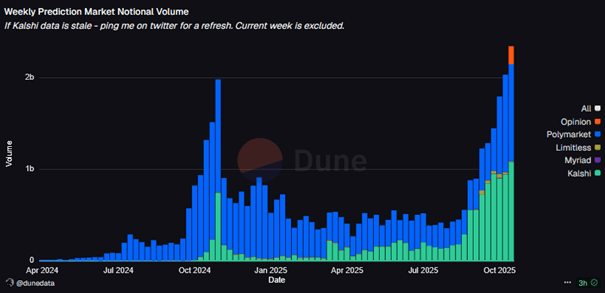How Milei plans to restructure Argentina

Inside, work is in full swing. A fresh coat of paint, the house number is being meticulously repainted, the furniture is being rearranged. In front of the restaurant on Avenida Boedo in the heart of Buenos Aires, a hand-painted sign reads: "We don't know when they'll open."
In a way, this is also symbolic of the Argentine economy after the parliamentary elections at the weekend. Work is underway in the engine rooms of the economy, preparations are being made, and things are being reorganized, but nobody really knows yet when the engine will actually start.

The surprisingly decisive election victory of the libertarian movement "La Libertad Avanca" under President Javier Milei in the congressional and senate elections has reshuffled the political landscape. The Argentine business community reacted euphorically to the results.
The Merval stock market index rose by around 21 percent on the first day after the elections, and by another five percent on the second day. The broader MSCI Argentina index, which is primarily used by international investors, has also seen a remarkable surge in recent years.
The business community sees Milei's victory as a turning point."The victory of the ruling party marks a turning point. From now on, it is crucial to create spaces for dialogue and to build a consensus in order to advance the structural reforms demanded by society," Franco Marconi of the economically liberal think tank "Fundacion Libertad y Progreso" told Deutsche Welle.
Two main demands are coming from the business community towards politicians: reforms and the search for a political consensus in Congress and the House of Representatives. This has not been Milei's strength so far.
"The initial market reactions show that the investment risk is now assessed as significantly lower – albeit from a high level. To reduce it further, the crucial areas for reform must now be addressed: pensions, taxes, labor law, and the complex web of the distribution of responsibilities and finances between the nation and the provinces," economist and economic advisor Carl Moses told Deutsche Welle.
How is Europe reacting?The reform course is secured by massive financial aid from the US government : "Trump not only wants to help an ideologically close reform president, but also to consolidate American influence in Latin America - especially, but not only, vis-à-vis China," says Moses.
For Europe, this means: "If the EU wants to keep pace, the rapid implementation of the EU-Mercosur free trade agreement is the best answer. This would also be an important catalyst for Argentina , potentially triggering a new wave of investment."

The government is aiming for three key structural reforms: labor market reform, tax reform, and pension reform. President Javier Milei has invited the provincial governors to talks to advance these reform projects. "From December 10th onward, we will have the most reform-minded Congress in history," Milei added, expressing his hope for the new balance of power. His task now will be to forge new alliances within Congress that will translate into political majorities.
The labor market reform primarily aims to convert informal sector jobs into formal employment relationships, focusing on direct negotiations between employees and companies. This is intended to reduce labor costs and legal disputes. "The goal is to reintegrate millions of currently excluded workers into the formal labor market," states a strategy paper from the economically liberal think tank "Fundacion Libertad y Progreso."

The tax reform envisages a simplification of the tax system and a redefinition of tax distribution in order to return taxing powers and strengthen provincial autonomy. This will create tax competition and greater accountability for spending. The pension reform aims to ensure the sustainability of the system by correcting privileges and ensuring transparency in the use of contributions.
Milei needs to seek a conversationStrengthened by his clear election victory, President Milei should now find it considerably easier to secure majorities for the major reforms he envisions, says economist Carl Moses, who has been observing the country's economic development from Buenos Aires for years. Milei has announced his intention to speak with the governors. "They are themselves weakened after their failed attempt to establish themselves as a third force in the political spectrum," Moses says. "If Milei engages them instead of pushing them out, he could actually initiate the structural reforms that Argentina needs."
dw





